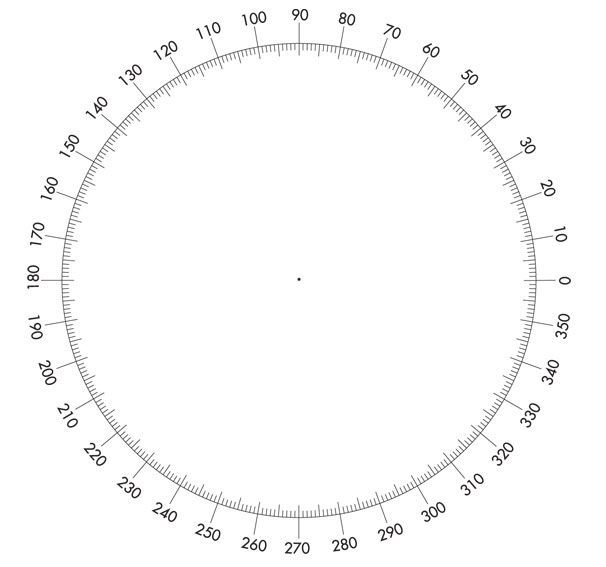$250k Challenge - Prime Numbers
- Jonno

- Jul 17, 2023
- 2 min read
Prime numbers are numbers that can only be divided by themselves and 1. They play a critical role in the field of cryptography. Cryptography is the way we keep thieves out of our bank accounts, it is the art of writing or solving codes.
In short, when we create a password for an account, the password is not stored as plain text. Instead, it goes under a process called encryption, where it is transformed into a completely unreadable string of characters. This transformation is nearly always based on prime numbers. For decryption we use the same prime numbers that encrypted the password in the first place.
The underlying principle behind this is that factoring large numbers into their prime factors is computationally difficult, even for modern computers! In fact, it is so difficult to find these large prime numbers that large amounts of money are offered for finding them!
On April 6 of 2000, $50,000 was awarded for the discovery of a prime number with one million decimal digits!
On October 22, 2009, $100,000 was awarded for the discovery of a prime number with ten million decimal digits!

$150,000 is offered for the first discovery of a prime number of one hundred million decimal digits.
$250,000 is offered for the discovery of the first prime number of one billion digits!
The real challenge here is finding a way for a computer to test for prime numbers by either creating an algorithm to locate each one, or creating an algorithm to test if a number is prime. Currently no equation exists that finds prime numbers. If such an equation was found, current encryption techniques would need a complete overhaul! Whoever finds this “equation of primes” would have access to literally anything on the internet including bank accounts, government access, and personal data.
Because there is no efficient way to find these primes, by choosing primes with hundreds or even thousands of digits, such encryption becomes virtually unbreakable. And as a result, encryption based on prime factorisation is considered secure even against brute-force attacks, where an attacker attempts to test every possible combination. It would literally take over a billion years to crack one encrypted code via brute force!
In conclusion, prime numbers form the bedrock of modern cryptographic systems, enabling secure communication and data protection. Their inherent complexity and the difficulty of prime factorisation underpin the security of encryption algorithms, making them a vital component in the realm of digital security. As technology advances, the ongoing exploration and understanding of prime numbers continue to drive the development of stronger cryptographic protocols, ensuring the privacy and security of our digital lives. And a nice prize awaits the genius who can crack the primes equation.




Comments